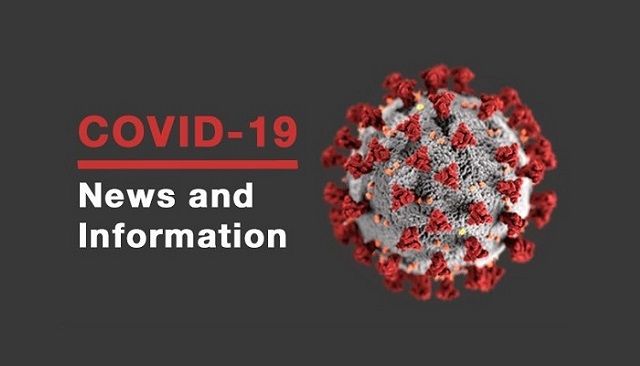Reproductive coercion and contraceptive use in Ethiopia
Reproductive Health
32
Issue: 1
(02 - 2018)
Context: While intimate partner violence (IPV) is recognized as a major contributor to poor
reproductive health outcomes, the relationship between IPV and contraceptive use is unclear.
Reproductive coercion (RC), a mechanism by which power is maintained over a partner through
enforced reproductive behaviours, could be the missing link in understanding this relationship.
However, there is limited understanding of RC and contraceptive use in sub-Saharan Africa.
Data Source and Methods: We used large-scale population based survey data from Ethiopia and
examined the relationship between reproductive coercion and contraceptive use. In addtion, we also
estimated the predictors of reproductive coercion. All models were estimated using multivariate logistic
regression techniques.
Findings: Our findings suggest a strong negative association between RC and contraceptive use after
adjusting for IPV and other factors, while emotional IPV was strongly predictive of RC.
Conclusion: Reproductive Coercion can be critical for understanding how controlling behaviours and
violence manifest in the reproductive arena and impact family planning decision-making.
Keywords: Reproductive coercion, intimate partner violence, contraceptive use, Ethiopia
0


